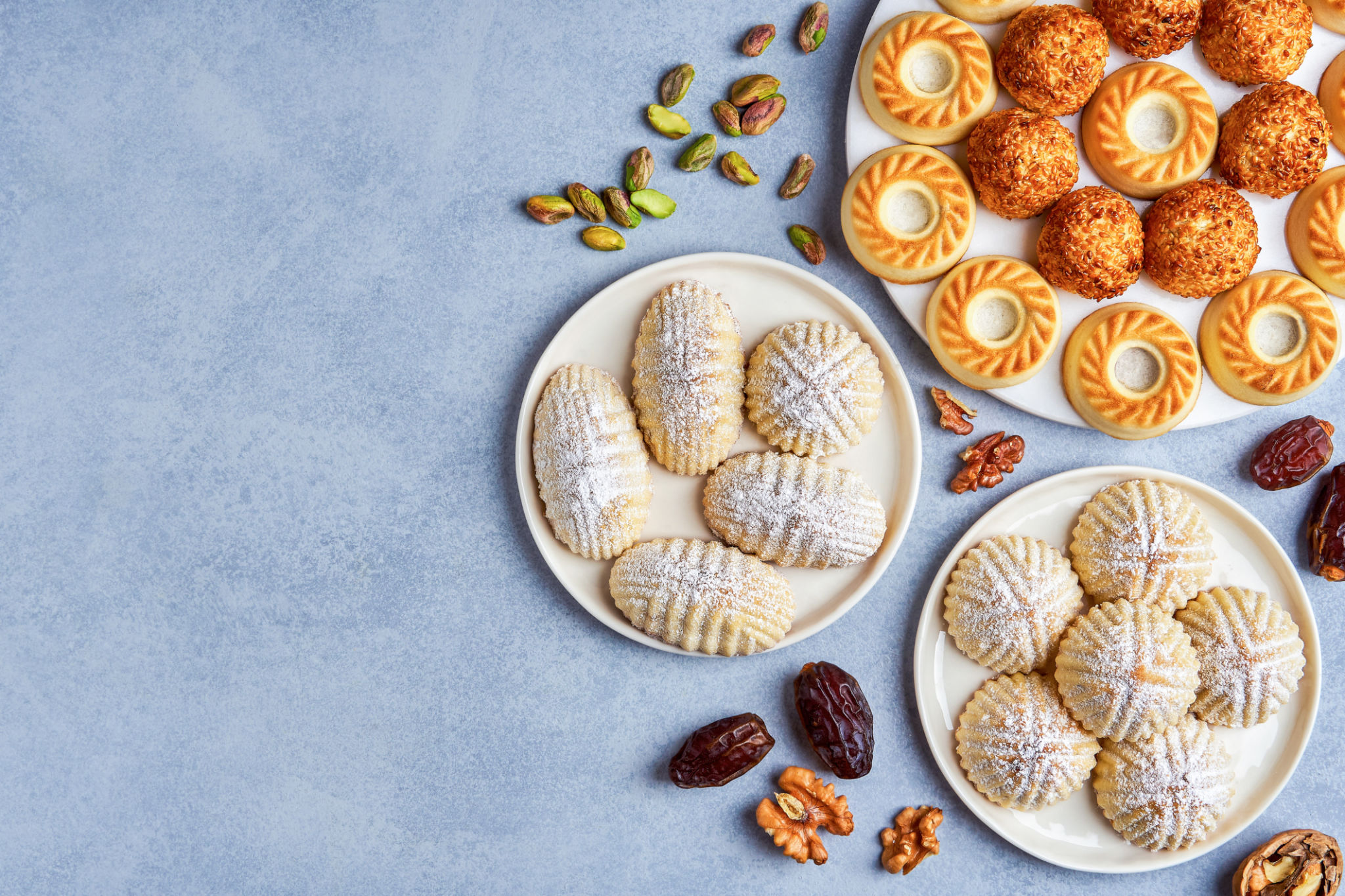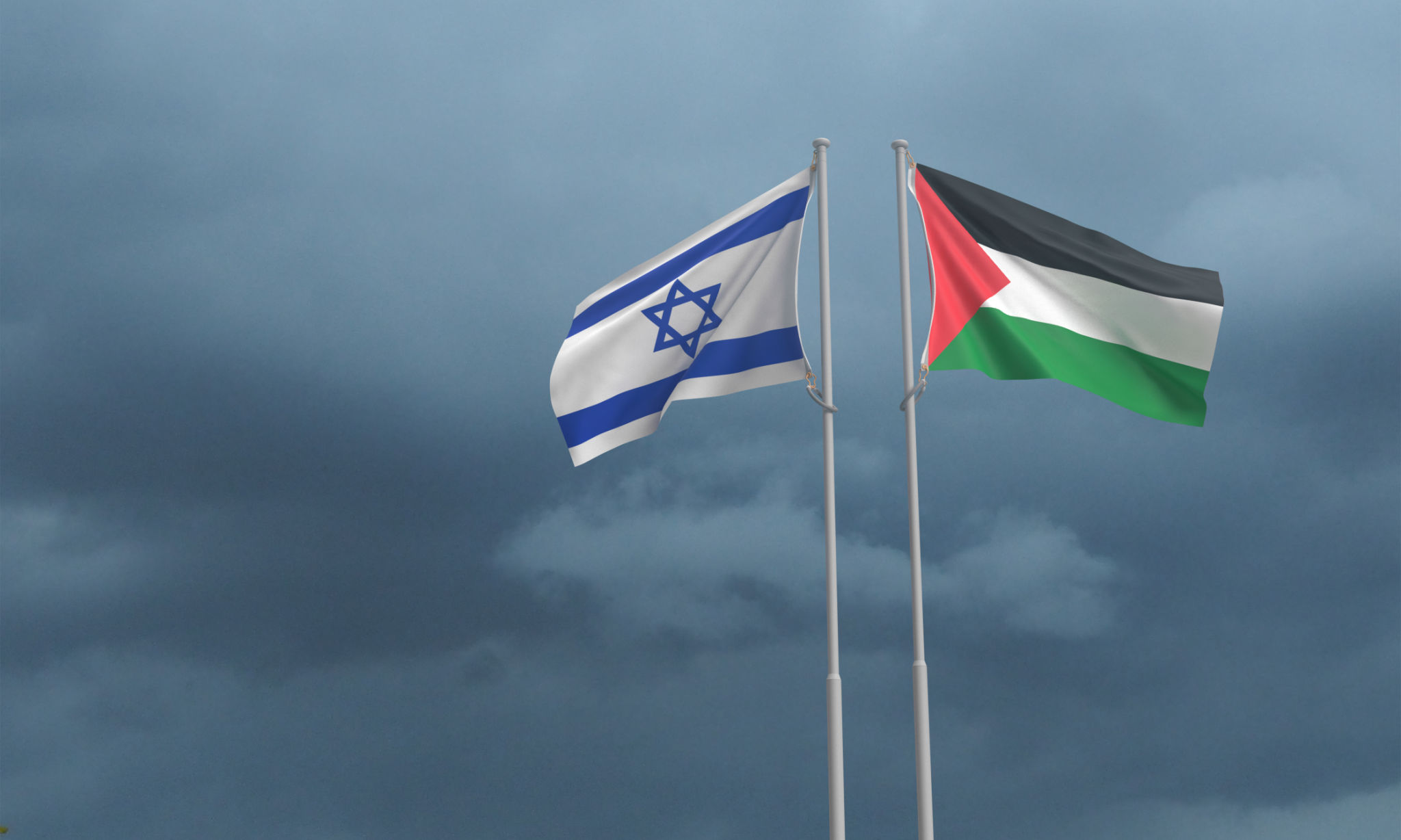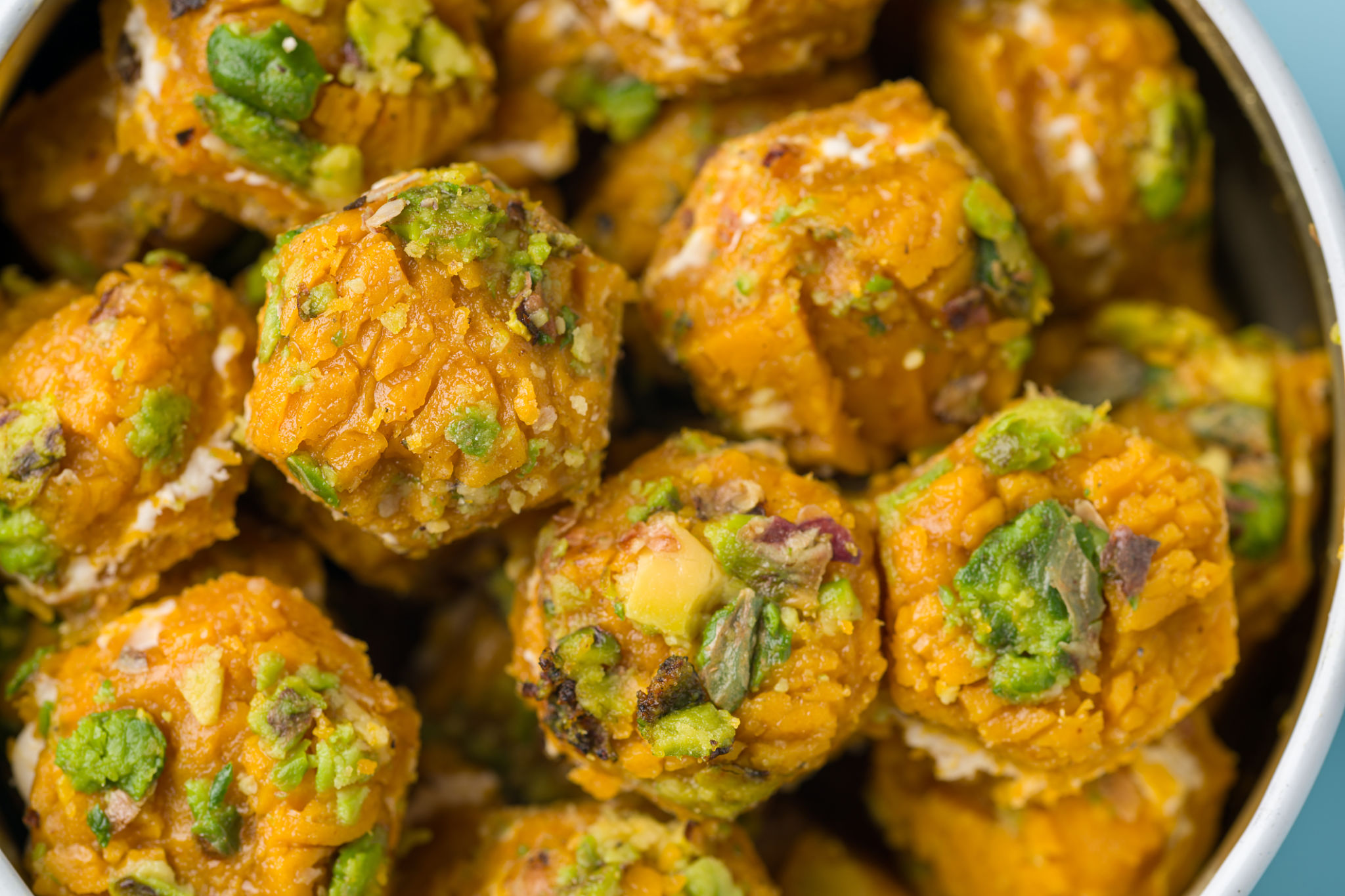The Cultural Significance of Arabic Sweets in Palestinian Traditions
Introduction to Arabic Sweets in Palestinian Culture
Palestinian culture is a vibrant tapestry woven with rich traditions, and among these, the tradition of Arabic sweets holds a special place. These delicacies are more than just desserts; they embody the essence of hospitality, celebration, and cultural identity. From weddings to religious festivals, Arabic sweets are an integral part of Palestinian life.
The art of making these sweets is often passed down through generations, with each family adding its unique touch to traditional recipes. This culinary heritage not only preserves the flavors of the past but also strengthens familial bonds and community ties.

The Role of Arabic Sweets in Celebrations
In Palestinian society, no celebration is complete without an array of Arabic sweets. During weddings, for instance, large trays filled with a variety of sweets such as baklava, ma'amoul, and knafeh are presented to guests as a symbol of joy and generosity. These gatherings are opportunities to showcase the culinary skills of the hosts and to share in the happiness of the occasion.
Religious events like Ramadan also see a surge in the preparation and consumption of sweets. After a day of fasting, families come together to break their fast with dates, followed by a selection of sweet treats. These moments are not just about indulging in delicious flavors but also about strengthening community bonds through shared experiences.

Symbolism and Ingredients
The ingredients used in Arabic sweets are often symbolic, representing prosperity and good fortune. Nuts like pistachios and almonds are commonly used, symbolizing wealth and hospitality. Similarly, the use of dates signifies abundance and health. Each bite is a reminder of the cultural values and traditions that have been cherished for generations.
The preparation of these sweets involves meticulous attention to detail, with each ingredient carefully selected to ensure the perfect balance of flavors and textures. This dedication reflects the deep respect for tradition and the desire to preserve it for future generations.

Modern Influences and Adaptations
While traditional recipes hold a revered place in Palestinian culture, modern influences have also made their mark on Arabic sweets. Contemporary chefs and home cooks alike experiment with new flavors and techniques, incorporating elements from other cuisines to create innovative variations. These adaptations showcase the dynamic nature of Palestinian culinary traditions.
Despite these modern twists, the essence of Arabic sweets remains rooted in tradition. The ability to adapt while respecting cultural heritage exemplifies the resilience and creativity of Palestinian society.
Conclusion: A Sweet Legacy
Arabic sweets are more than just a culinary delight; they are a testament to the enduring spirit of Palestinian culture. They serve as a bridge between the past and present, connecting generations through shared traditions and cherished memories. As these sweets continue to evolve, they carry with them the stories and values that define the Palestinian people.
Whether enjoyed during festive occasions or as part of everyday life, Arabic sweets remain a beloved symbol of hospitality, celebration, and cultural pride. Their significance goes beyond taste, reinforcing the bonds that unite communities and preserve a rich cultural legacy.
